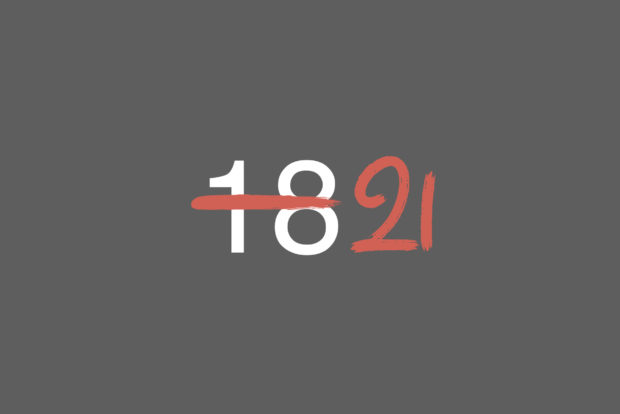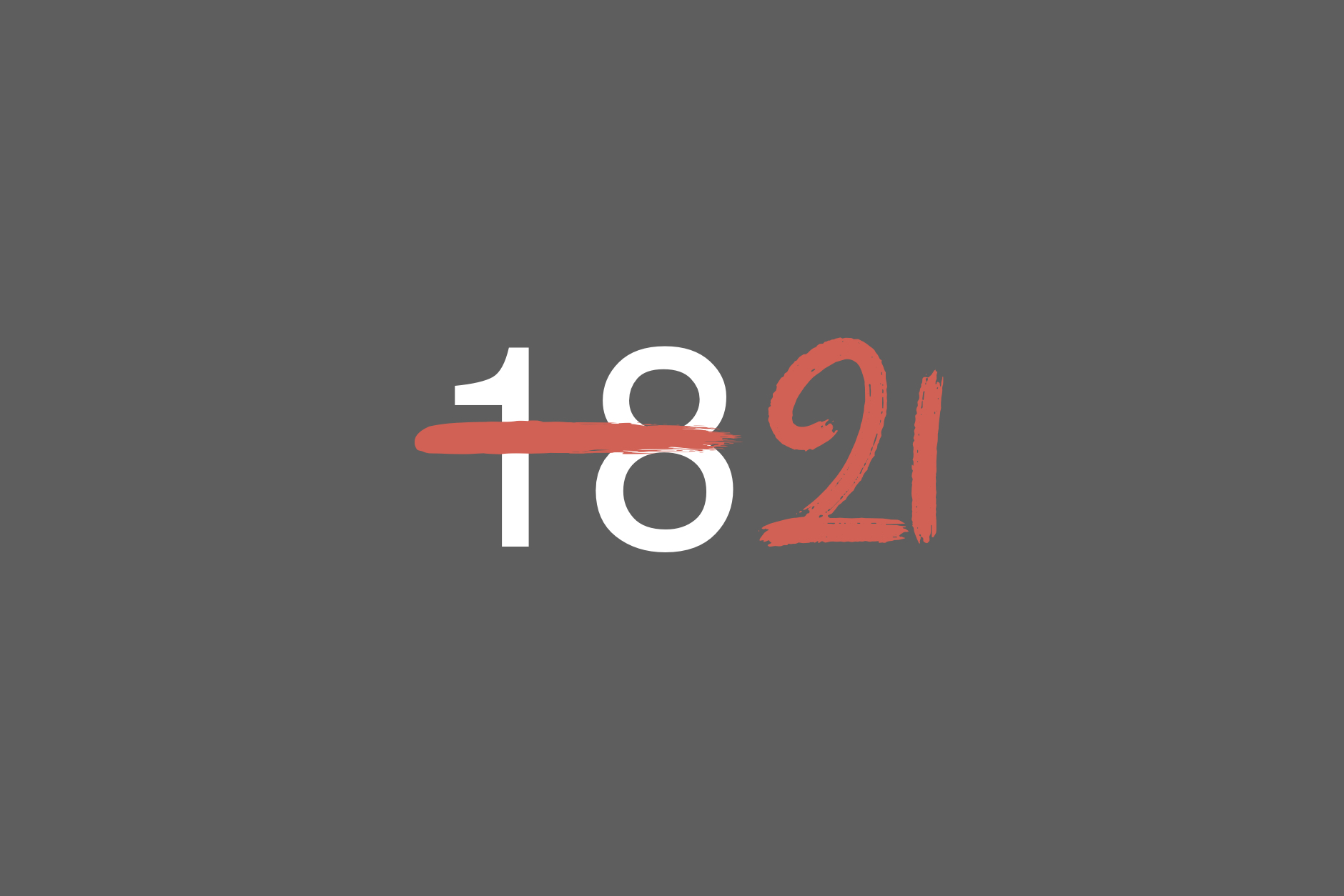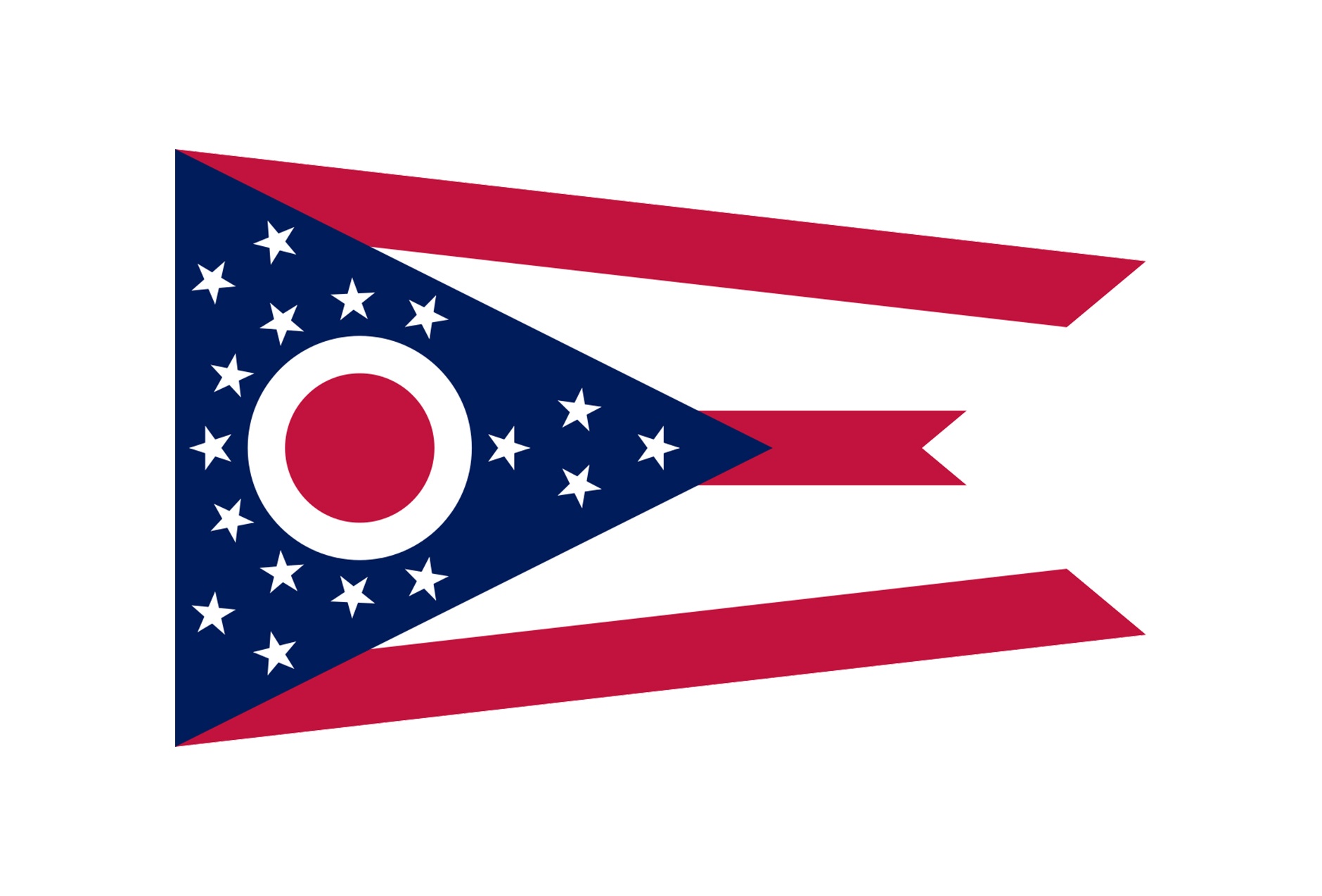Last week, Sen. Tim Kaine, D-Va., and Mitch McConnell, R-Ky., sent a letter to Dr. Robert Califf, the new commissioner of the U.S. Food & Drug Administration (FDA), complaining about the lack of action regarding the relatively new federal minimum age to buy tobacco products, the lack of communication regarding the inaction, and asking the commissioner for plans regarding the future.
In December 2019, President Donald Trump signed into law a massive government spending bill that also increased the minimum age to purchase tobacco products from 18- to 21-years-old in the United States. The federal law is a pretty simple one: no one under the age can purchase tobacco products in the U.S., no exceptions. As was noted at the time, while Trump’s signature made the bill law, enforcing the new standard was a completely different matter.
FDA and Health and Human Services still need to go through a variety of procedural steps to make the law enforceable, many of which have not been completed some 20 months after the bill was signed into law. Kaine and McConnell’s letter makes note that some of those steps have been delayed until this month, though the agency has provided “limited communication about the FDA’s progress in meeting this target date.”
Without those steps, FDA is limited in its ability to punish retailers for potentially violating the new standard. The letter notes that per the new law FDA should be conducting undercover inspections to see if retailers ask for identification for potential tobacco buyers 30 or younger, up from the 27 and under approach previously. Without creating a final rule, FDA is still operating under the old standard. Furthermore, FDA has previously admitted that the COVID-19 pandemic dramatically reduced the number of compliance checks the agency was performing, the letter cites the decline from 2019 to 2020.
Many states and local governments had already passed legislation increasing the minimum age to purchase tobacco products to 21 prior to December 2019 and many more have followed through since then. By changing state and local laws, it allows for state and local law enforcement to issue warnings and citations to those caught selling tobacco products to people under the age of 21-years-old.
Kaine and McConnell’s letter asks for Califf to respond by March 25, 2022, and asks a series of specific questions:
- Please provide a timeline for issuance of the final rule to update regulations to reflect Tobacco 21, including details on the rule’s current status in the review process and an explanation for why FDA did not meet the statutory deadline for issuing a final rule.
- How has the delay in issuing a rule impacted the agency’s ability to conduct enforcement around Tobacco 21?
- How does the FDA determine how many compliance checks it will conduct in a given year?
- How does the Center for Tobacco Products determine which states or retailers to conduct compliance checks in? What steps is the Center taking to ensure that robust enforcement occurs in all states? What metrics if any, does the Center use to target enforcement efforts geographically?
- What are the Center for Tobacco Products’ protocols for Undercover Buy inspections when underage individuals attempt to purchase tobacco products? Has the lack of a final rule impacted the FDA’s approach to Undercover Buy inspections?
Califf was confirmed as FDA commissioner on Feb. 15, 2022.
The letter can be viewed here.



